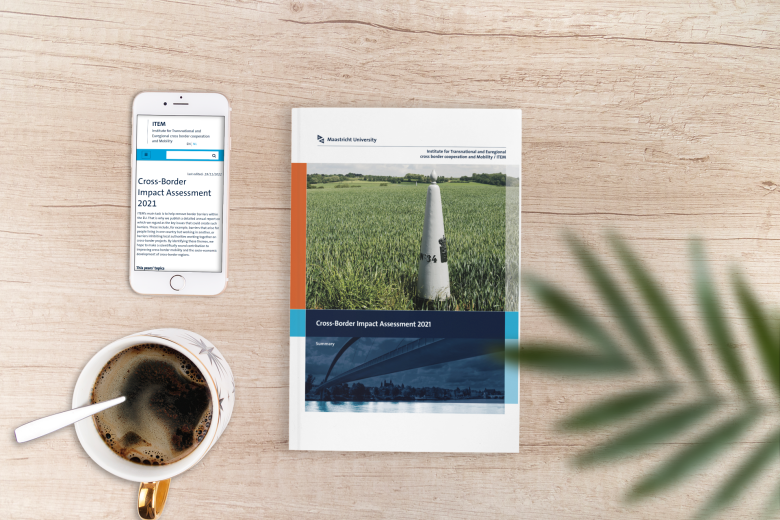Announcement ITEM PhD Volume 'Beyond the refugee crisis'
The Institute for Transnational and Euregional cross border cooperation and Mobility (ITEM) published a PhD Volume about the refugee crisis. The volume was written by PhD candidates of ITEM and includes separate contributions in which each of them tackles the topic of the refugee crisis from their own area of interest. The volume therefore discusses themes ranging from migration law and criminal behaviour to social security.
Expertise centre ITEM is the pivot of research, counselling, knowledge exchange and training activities with regard to cross-border mobility and cooperation. When it comes to topical issues, ITEM keeps its finger on the pulse. Although the refugee crisis has been going on for quite some time, the issue remains strongly present in the news. Where the discussion was first aimed at the reception of refugees and the processing of asylum applications, it is now shifting to other themes such as integration.
In this context, ITEM PhD candidate Kim Geurtjens, Marloes de Hoon, Lavinia Kortese, Killian Heller, Bastiaan Didden and Sander Kramer have taken the initiative to write about the refugee crisis. ITEM is pleased to announce their publication “Beyond the Refugee Crisis: A reflection from different perspectives on the Dutch case”.
This ITEM PhD Volume concerns the topic of the refugee crisis as experienced by the Netherlands. The Volume features different perspectives and consists of separate contributions of the PhD candidates involved. Each of them has tackled the topic of the refugee crisis from their own area of interest. The volume therefore discusses themes ranging from migration law and criminal behaviour to social security.
This exploratory work is aimed at a wide variety of stakeholders and can be read without extensive prior knowledge. The ITEM PhD candidates hope the Volume provides valuable insight and will inspire further research into the refugee crisis.
Also read
-
ITEM Cross-Border Impact Assessment 2021 published
Due to the Corona crisis, also many cross-border workers are forced to work in their home country. They have been asked not to cross the border to come to their office situated in the neighbouring country. At the moment, this is only possible because the Dutch, Belgian and German governments have...